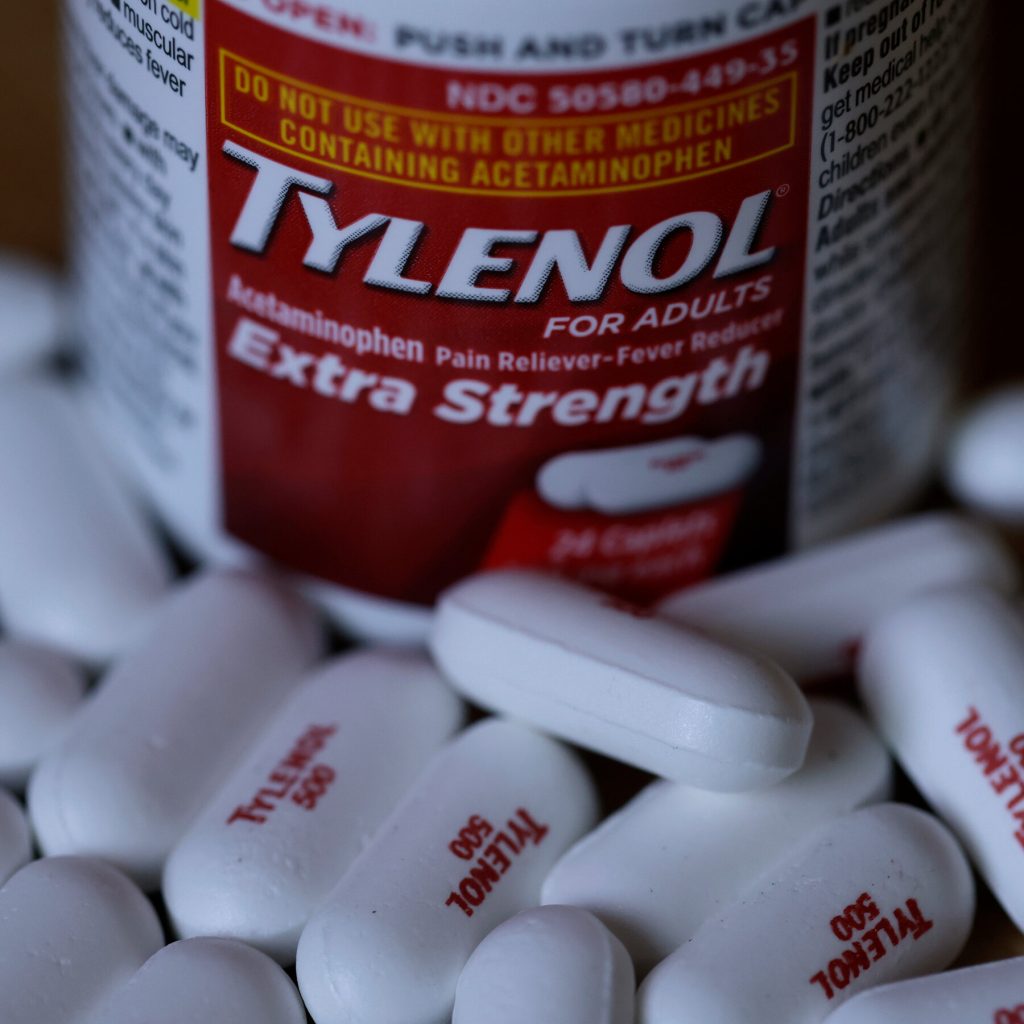The Unaddressed Dangers of Excessive Tylenol Consumption

As the nation continues to grapple with the complexities of public health, a pressing concern has been overlooked in recent discussions: the risks associated with excessive acetaminophen intake. The active ingredient in Tylenol, acetaminophen is a widely used over-the-counter medication for pain relief and fever reduction. However, its potential for harm when taken in excess has been a longstanding issue that warrants attention.
While some studies have explored a possible link between acetaminophen use during pregnancy and an increased risk of autism in children, the scientific community has yet to establish a conclusive connection. Nevertheless, one critical aspect of acetaminophen use is often overshadowed: the alarming rate of accidental overdoses that occur in the United States every year.
Hundreds of Americans find themselves in a precarious situation annually, having inadvertently taken too much acetaminophen. The consequences can be dire, with liver damage being a primary concern. In severe cases, this damage can necessitate a liver transplant or even prove fatal. The liver’s vulnerability to acetaminophen toxicity underscores the importance of responsible medication management.
Despite these risks, recent public discourse has failed to adequately address the issue. Notably, former President Donald Trump’s comments on Tylenol and its potential effects have been criticized for neglecting the proven risks associated with excessive acetaminophen consumption.
As the public continues to navigate the complexities of healthcare, it is essential to shed light on the very real dangers of taking too much Tylenol. By acknowledging the potential consequences of acetaminophen misuse and promoting responsible medication practices, Americans can work towards mitigating these risks and fostering a culture of informed healthcare decision-making. Ultimately, raising awareness about the hazards of excessive acetaminophen intake can help prevent avoidable harm and promote a safer, more informed approach to managing pain and fever.






